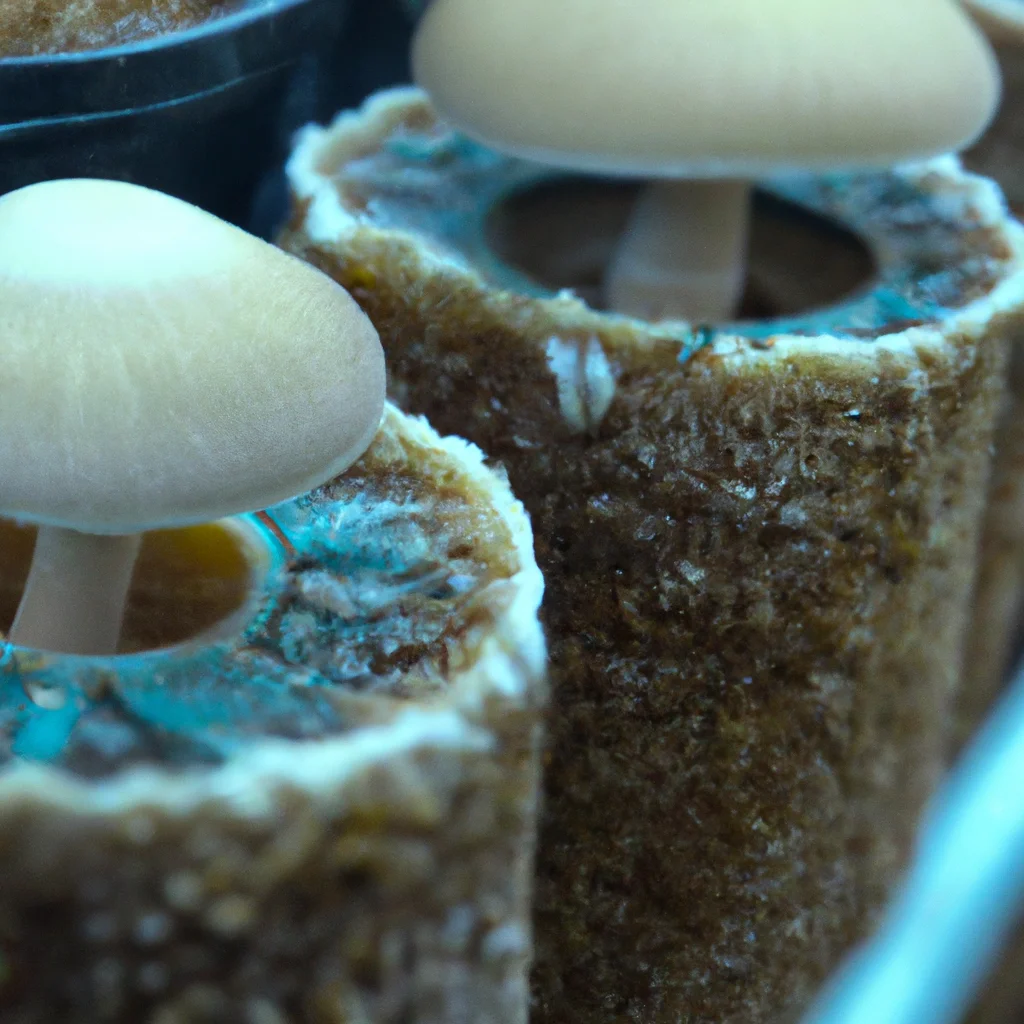How are mushrooms used in bioremediation?


How are mushrooms used in bioremediation?
Mushrooms have been used for centuries for their medicinal and nutritional benefits. But did you know that they can also be used to clean up environmental pollution? Bioremediation is the process of using living organisms to remove or neutralize pollutants from contaminated soil, water, or air. Mycoremediation, a type of bioremediation that uses fungi, particularly mushrooms, is gaining popularity as a sustainable and effective way to clean up environmental pollution. In this article, we will explore how mushrooms are used in bioremediation and their role in sustainable development.
What is Bioremediation?
Environmental pollution is a major issue that affects our planet. Pollutants such as heavy metals, petroleum products, pesticides, and fertilizers can contaminate soil, water, and air, causing harm to living organisms. Bioremediation is a process that uses living organisms to remove or neutralize these pollutants. This process is cost-effective, environmentally friendly, and can be used to clean up a wide range of pollutants.
What is Mycoremediation?
Mycoremediation is a type of bioremediation that uses fungi, particularly mushrooms, to clean up environmental pollution. Fungi are natural decomposers that break down organic matter. They also have the ability to absorb and accumulate heavy metals and other pollutants from the environment. Mycoremediation uses the natural ability of fungi to break down and absorb pollutants to clean up contaminated soil, water, and air.
How are Mushrooms Used in Bioremediation?
Mushrooms are used in bioremediation in two ways: soil remediation and water remediation.
Soil Remediation:
Mushrooms can be used to clean up contaminated soil. The process involves adding mushroom spores or mycelium to the contaminated soil. The mycelium grows and spreads through the contaminated soil, breaking down and absorbing the pollutants. Once the pollutants are absorbed, the mushrooms can be harvested and disposed of safely. This process is effective in cleaning up petroleum products, heavy metals, pesticides, and other pollutants.
Water Remediation:
Mushrooms can also be used to clean up contaminated water. The process involves using mycelium mats or mushroom beds to filter the water. The mycelium absorbs and breaks down the pollutants, leaving clean water behind. This process is effective in cleaning up petroleum products, heavy metals, and other pollutants from water.
What are the Benefits of Mycoremediation?
Mycoremediation has several benefits over traditional methods of remediation:
– Cost-effective: Mycoremediation is a cost-effective way to clean up environmental pollution. It is less expensive than traditional methods of remediation.
– Environmentally friendly: Mycoremediation is an environmentally friendly way to clean up pollution. It does not use chemicals or other harmful substances.
– Sustainable: Mycoremediation is a sustainable way to clean up pollution. It does not deplete natural resources and can be used repeatedly.
– Effective: Mycoremediation is an effective way to clean up pollution. It can be used to clean up a wide range of pollutants.
What are the Challenges of Mycoremediation?
Mycoremediation also has some challenges that need to be addressed:
– Limited research: Mycoremediation is a relatively new field, and there is limited research on its effectiveness and safety.
– Slow process: Mycoremediation is a slow process that may take several months or even years to clean up contaminated soil or water.
– Specific environmental conditions: Mycoremediation requires specific environmental conditions for fungi to grow and thrive. These conditions may not always be present in contaminated sites.
Conclusion:
Mushrooms are a natural and sustainable way to clean up environmental pollution. Mycoremediation, which uses mushrooms, is gaining popularity as a cost-effective, environmentally friendly, and effective way to clean up contaminated soil, water, and air. Although this field is relatively new, it shows promise in contributing to sustainable development. With further research and development, mycoremediation can become a standard method for cleaning up environmental pollution.
Recent Posts
How do I create an engaging and informative online quiz or assessment?
Creating an engaging and informative online quiz or assessment can be a powerful tool for… Read More
What are the most effective methods for managing and reducing work-related stress in the hospitality industry?
Work-related stress is a common issue in the hospitality industry, where employees often face long… Read More
How can I improve my assertiveness and communication skills in a leadership position?
In a leadership position, assertiveness and effective communication skills are crucial for success. Being able… Read More
What are the key elements of a successful employee recognition and rewards program?
Employee recognition and rewards programs play a crucial role in motivating and engaging employees, as… Read More
How do I effectively manage and respond to customer feedback and reviews?
Customer feedback and online reviews play a crucial role in shaping a company's reputation and… Read More
What are the best strategies for effective time management as a stay-at-home parent?
Effective time management is crucial for stay-at-home parents who juggle multiple responsibilities on a daily… Read More